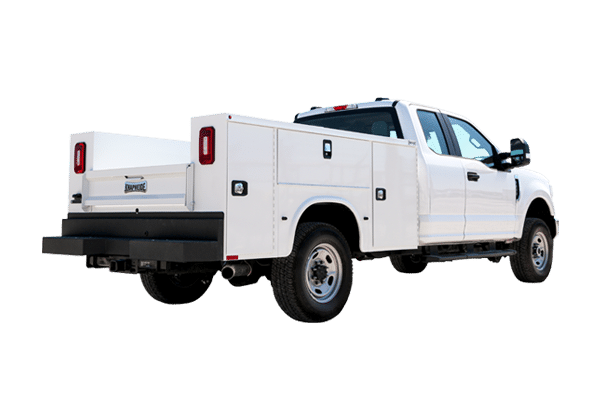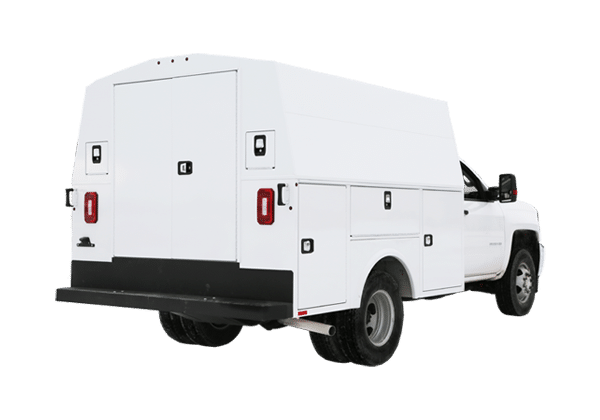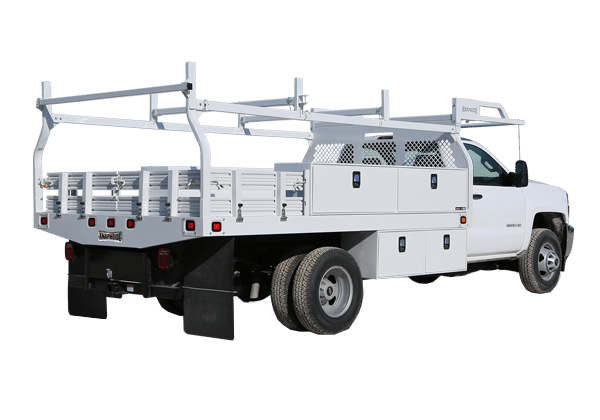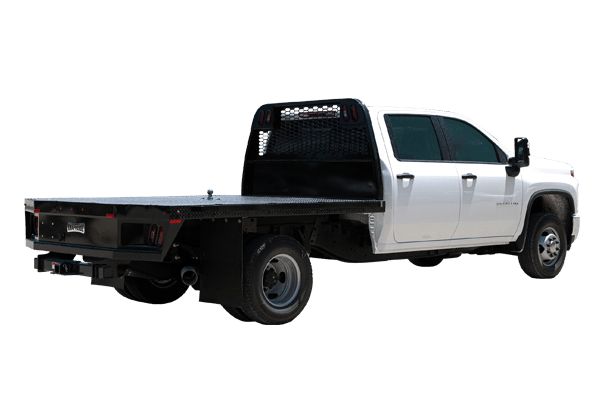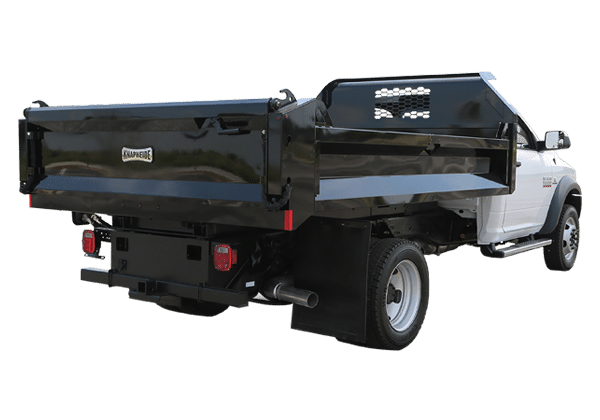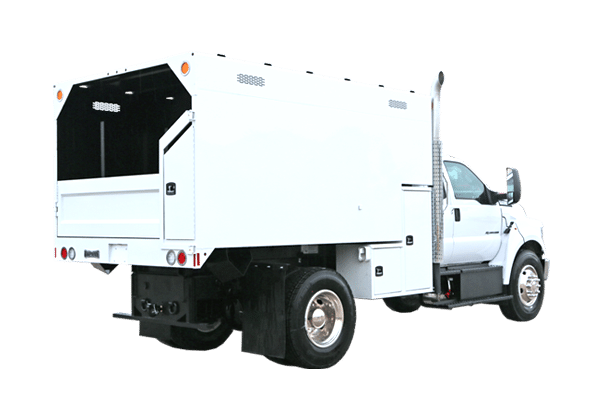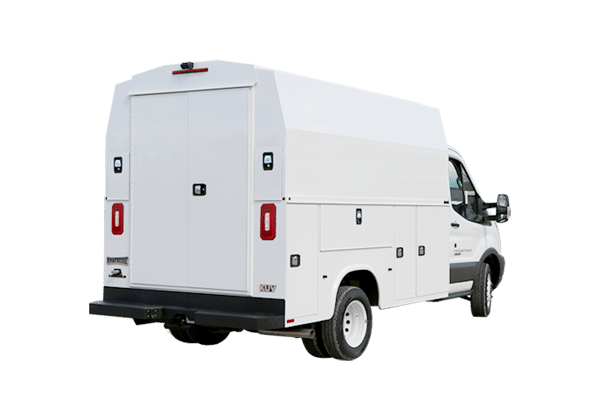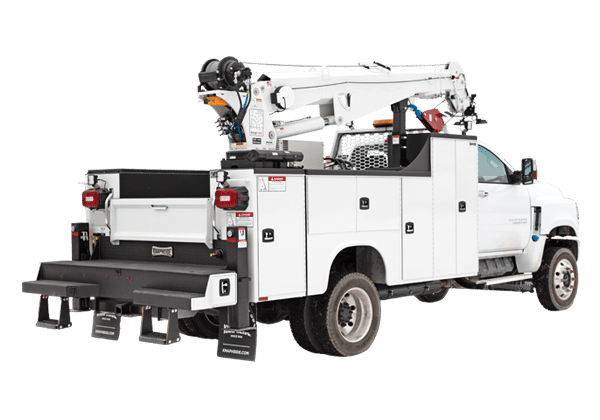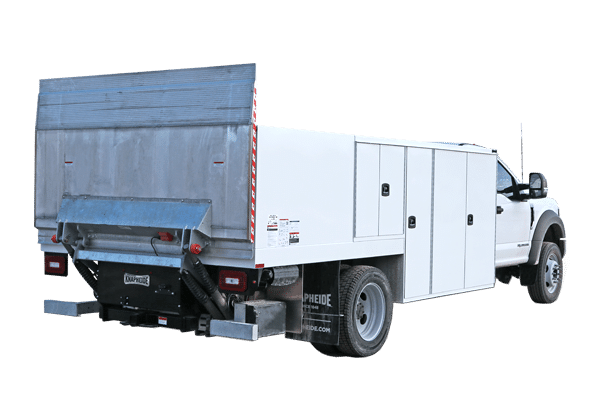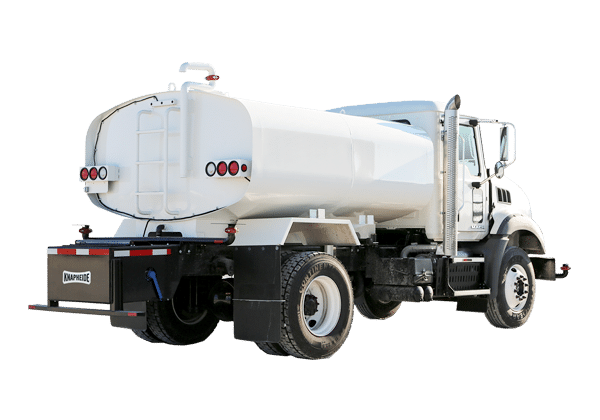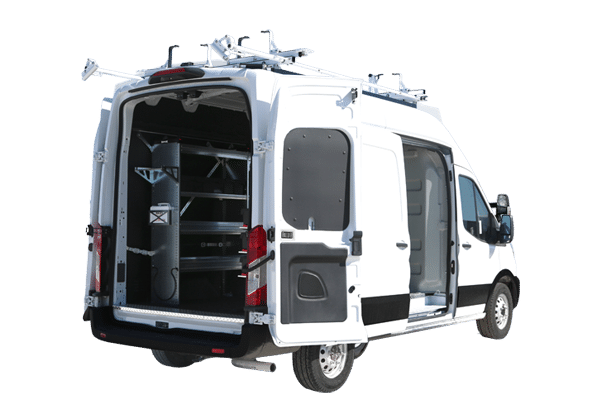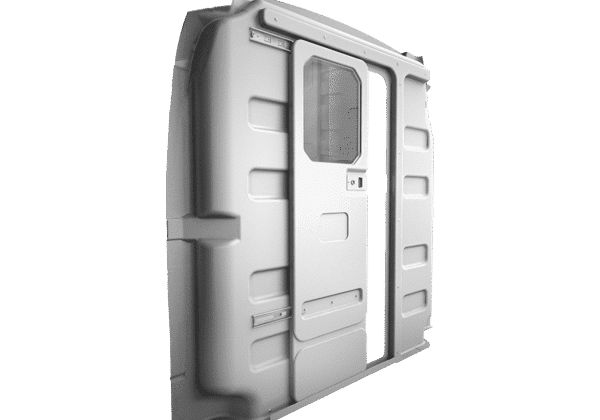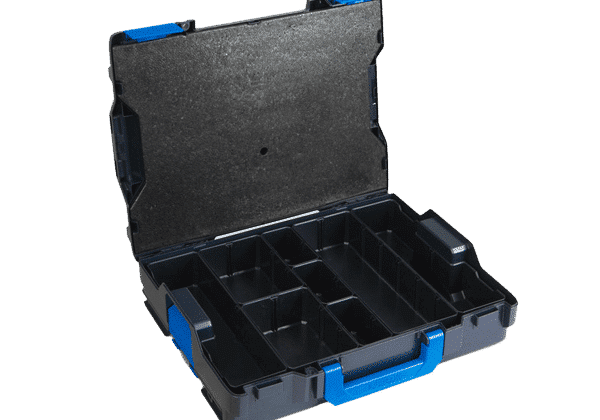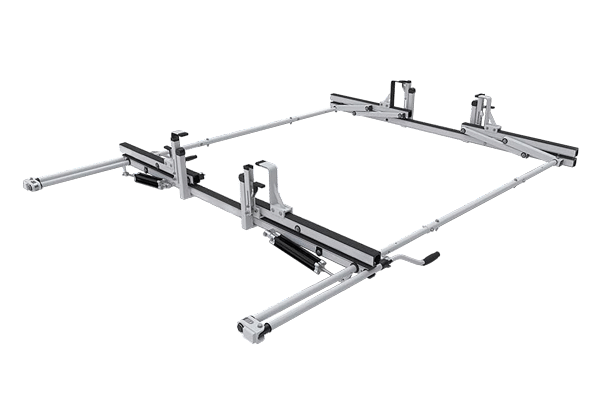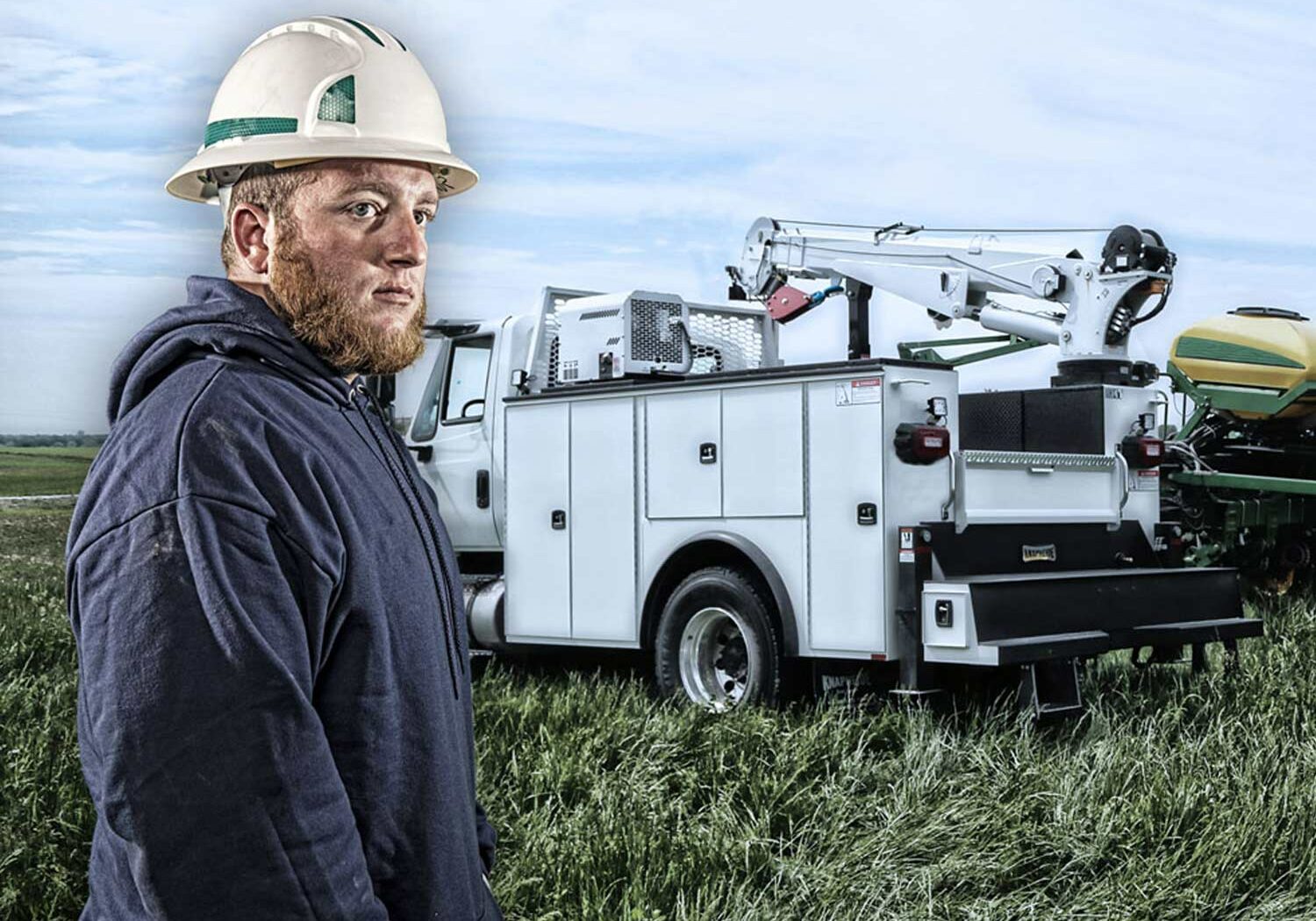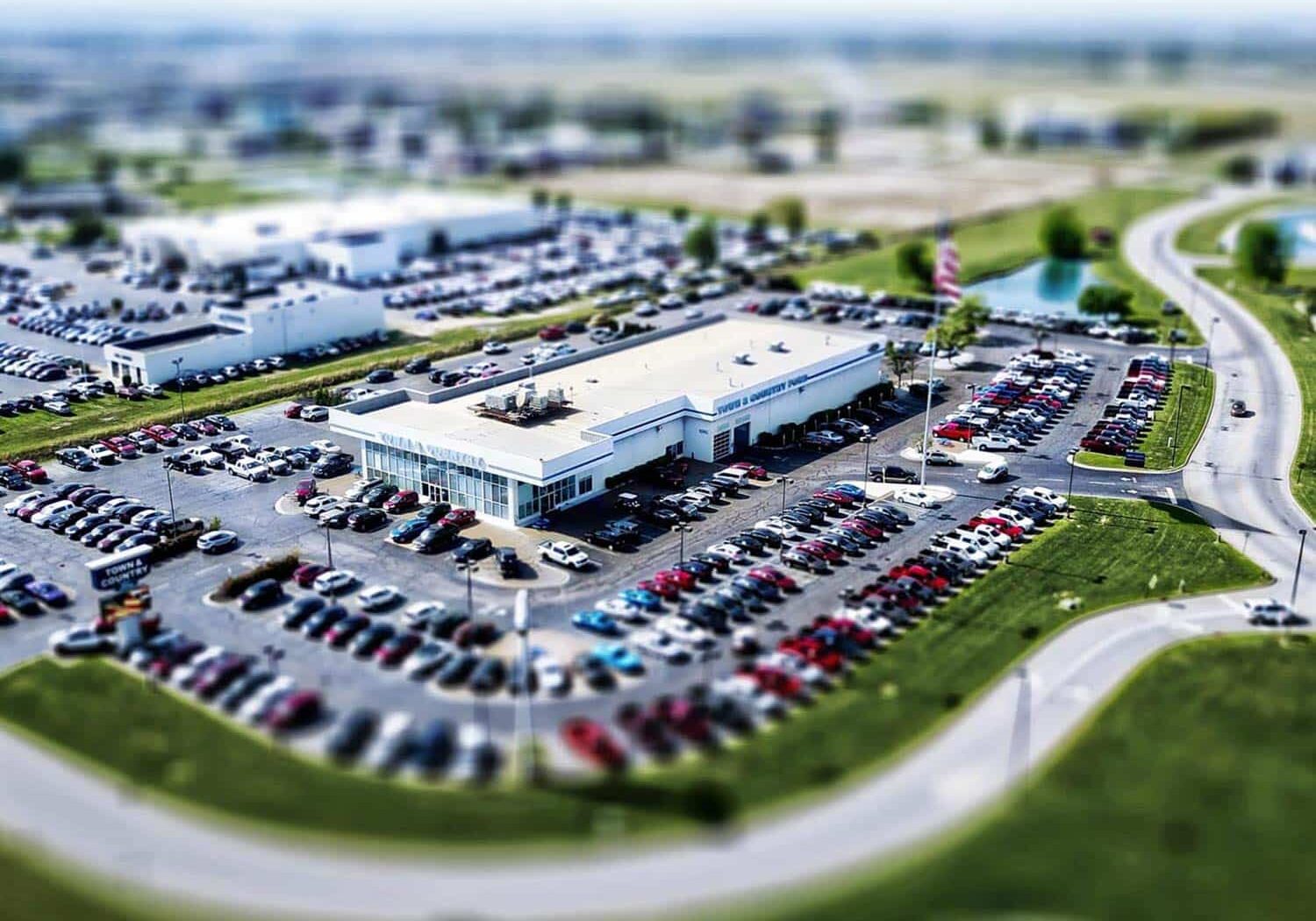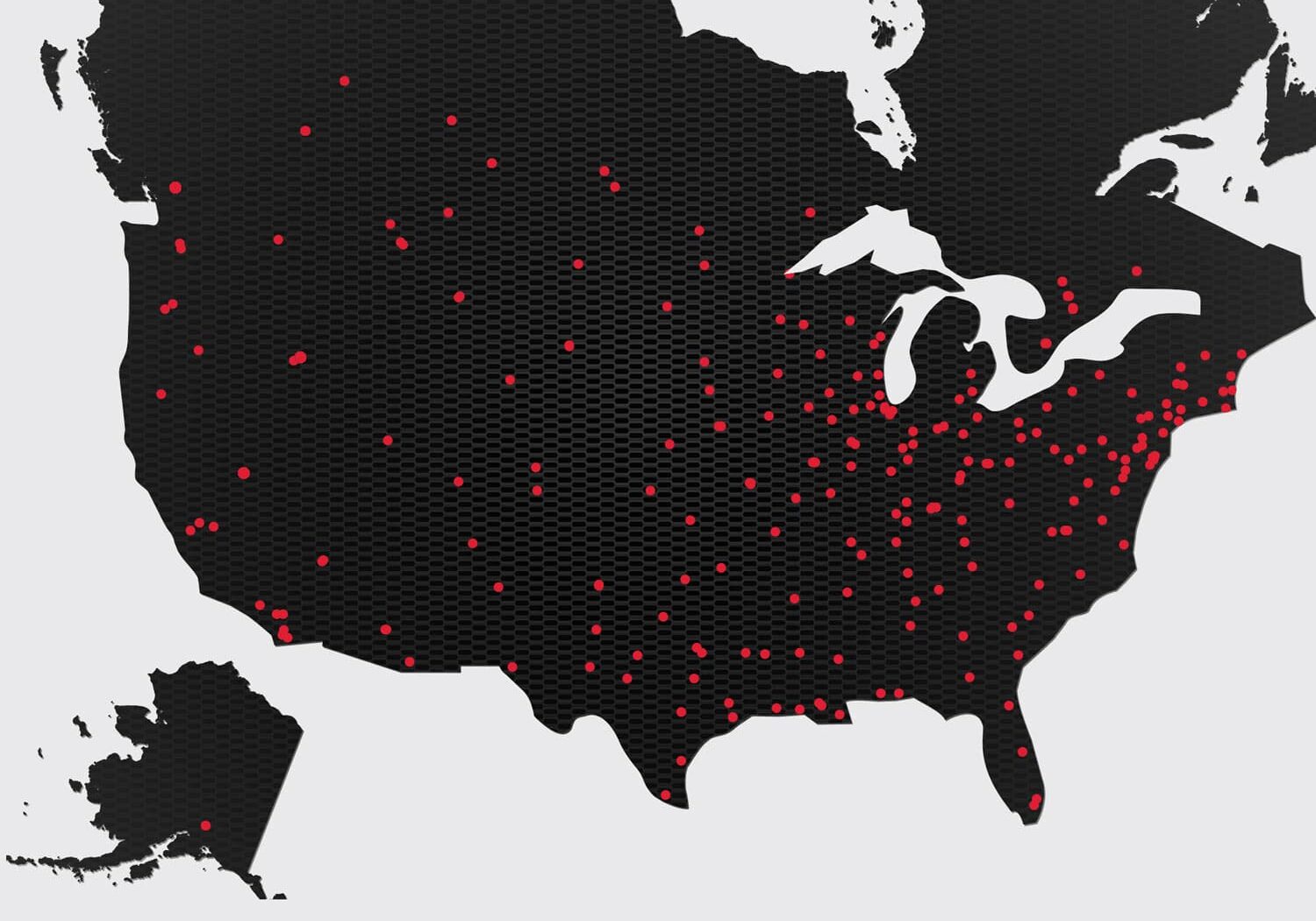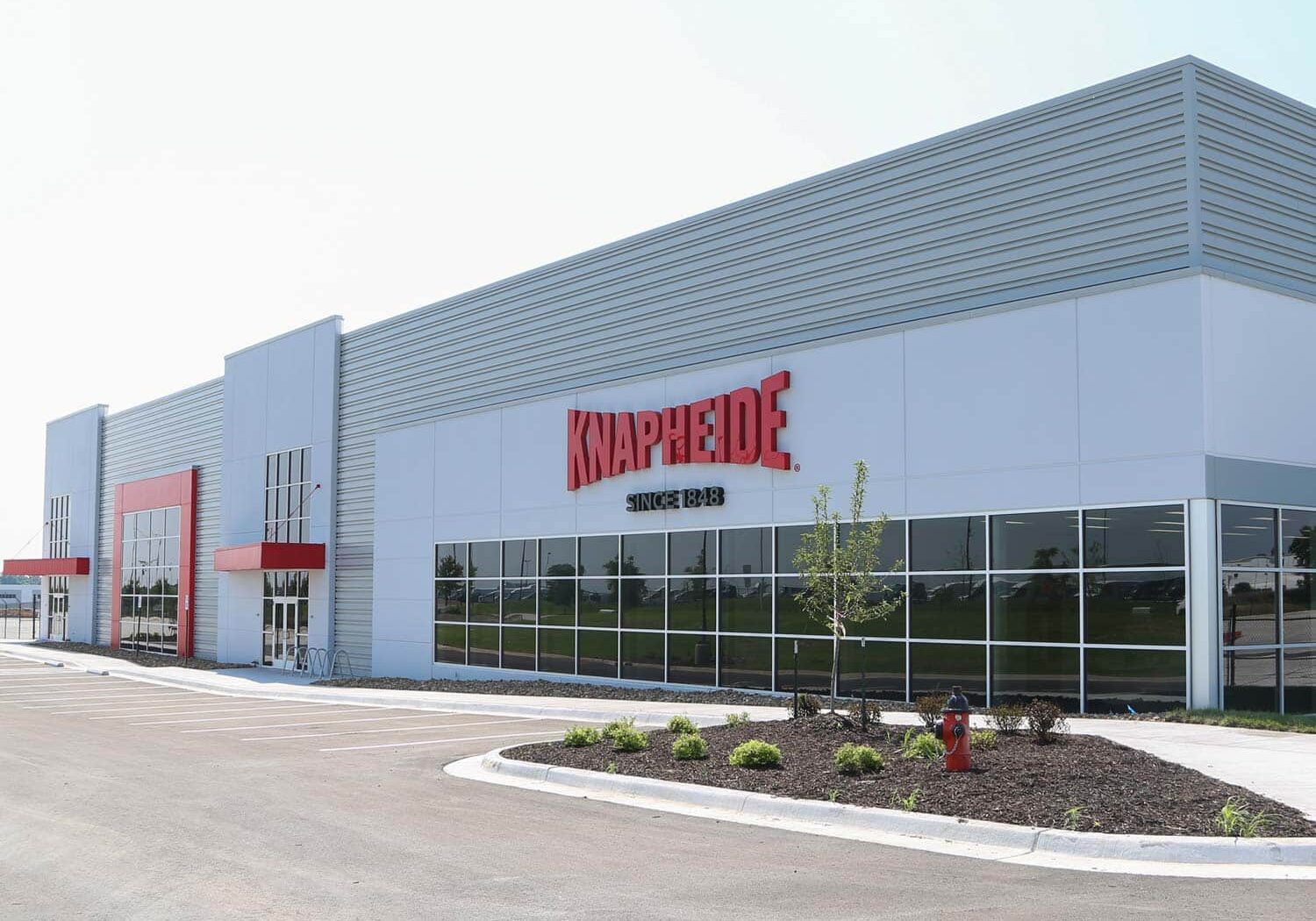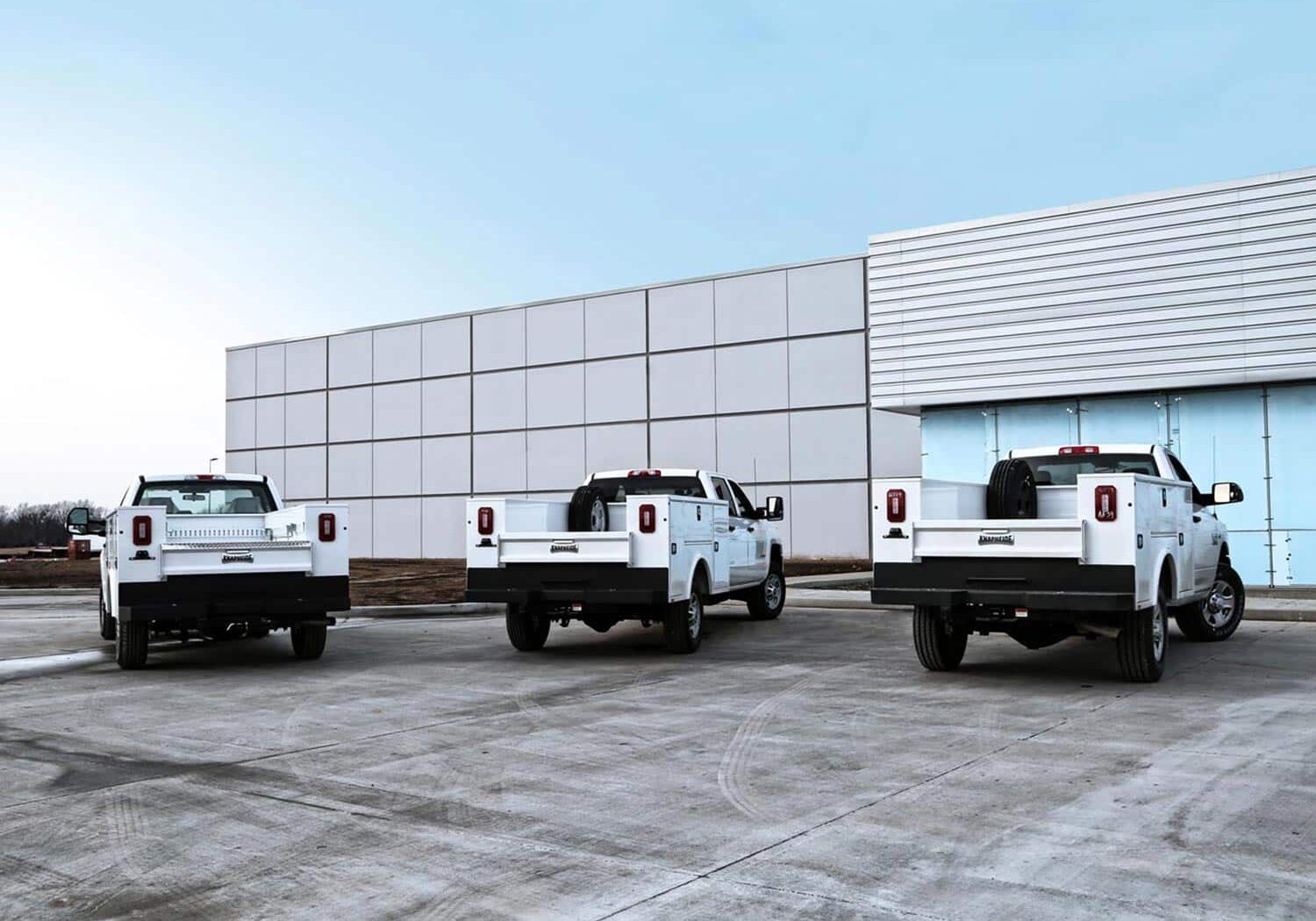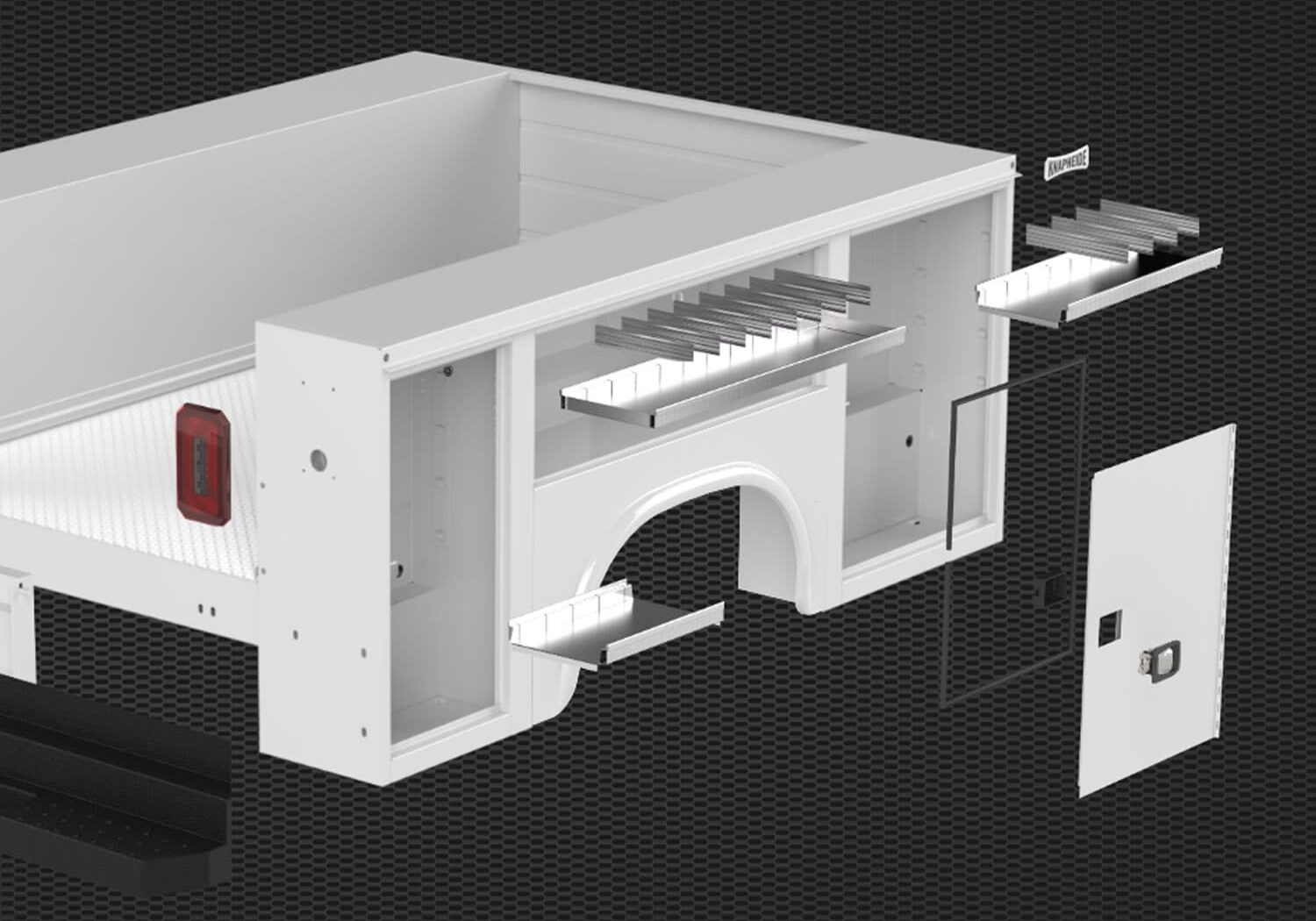Publish Date
January 20, 2020
Social Share
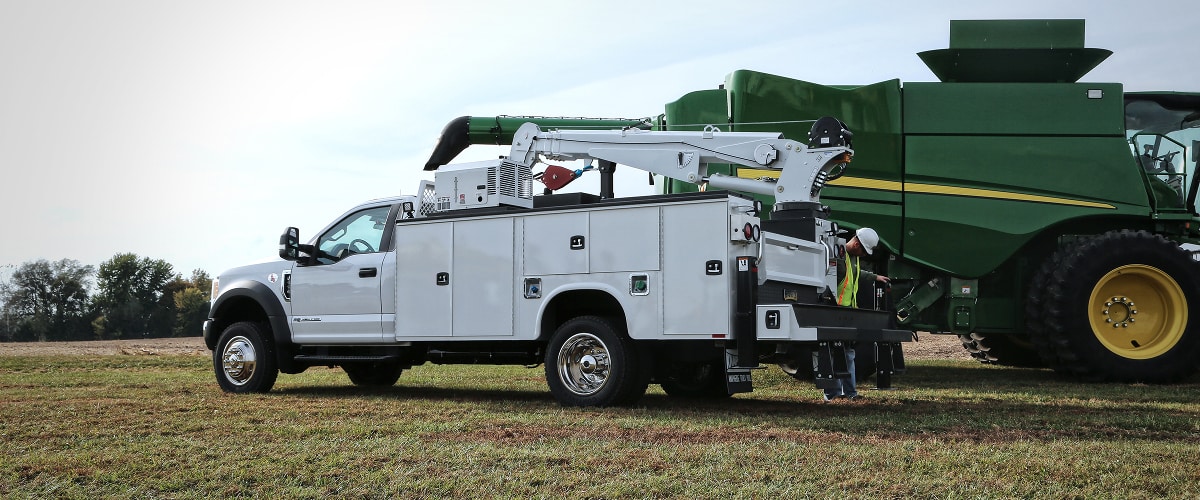
You get the keys to your new work truck and your first thought is to load it up with all the tools and equipment you need for your job. Before you take it to its’ first job, you need to consider a preventative maintenance cycle to maximize the vehicle’s life and your ROI. Performing preventative maintenance on your work truck will lower operating costs by minimizing costly repairs, increase the vehicle uptime and maximize productivity, and maintain a high level of safety for the operator. Review the list of preventative maintenance tips below to keep your work truck up and running.
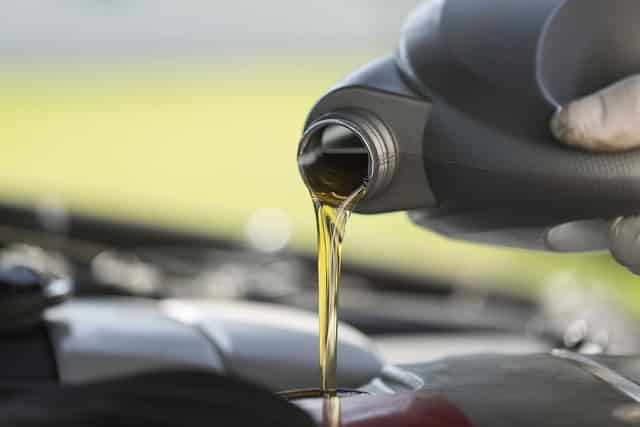
Motor Oil
Oil acts as a lubricant to many of the mechanical components within your engine. If there is an insufficient amount of oil within your engine or if the oil is beyond its’ maintenance interval, the risk of engine component wear dramatically increases. There are many factors to consider when deciding on an oil change interval. For example, utilizing synthetic oil can extend change intervals far beyond conventional oil. Typically synthetic oils have a recommended change interval anywhere between 7,500 miles and 15,000 miles while conventional oil change intervals are commonly rated between 3,000 and 5,000 miles. Other factors can come into play, including whether your work truck has a diesel or gas engine. Diesel engines tend to generate more contaminants so more frequent change intervals are recommended in comparison to gas engines. High engine mileage, extreme temperature environments (hot or cold), and severe operating applications (heavy towing or off-road) will shorten the oil change interval. You should check the engine oil level at least once a month. Always follow the truck manufacturers recommended oil change interval to retain important warranty coverage.
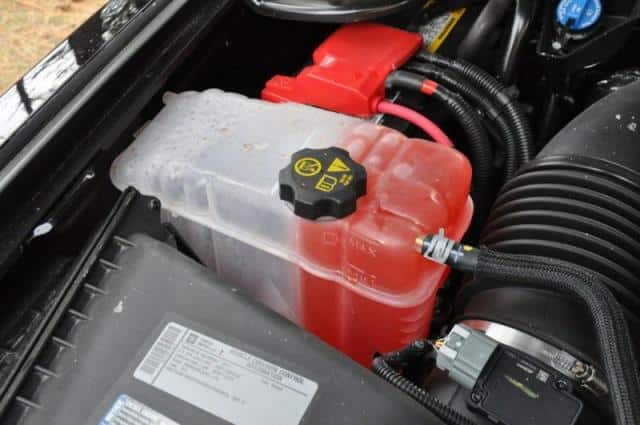
Coolant & Transmission Fluid
Coolant and transmission fluids are most often neglected, as the interval cycles are longer in comparison to oil and tire rotations. These fluids are vital to your vehicle’s longevity and performance. Ensure you check the levels of both once a month. For safety concerns, always allow the engine to cool down prior to checking coolant fluid levels. Coolant and transmission fluid change intervals should be determined by the truck manufacturer which can be found within the owner’s manual.
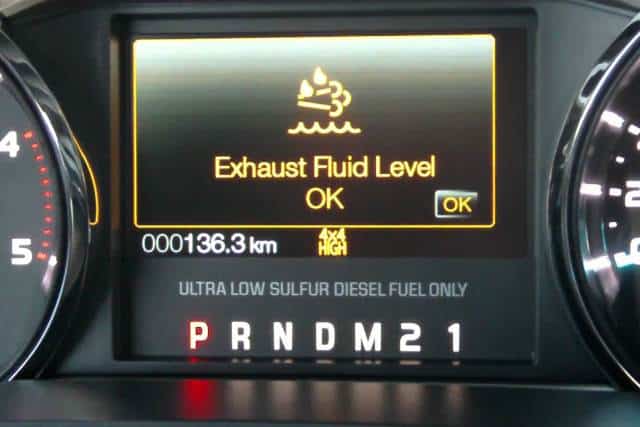
Diesel Exhaust Fluid (DEF)
Diesel exhaust fluid is comprised of urea and deionized water. It prevents the exhaust of unburned fuel into the environment (NOx). These days, you can find DEF just about anywhere, including most gas stations. If your work truck has a diesel engine, always pay close attention to your DEF level. Letting the DEF tank run dry results in your truck to enter a “limp” mode or prevents your engine from starting altogether, depending upon the manufacturer.
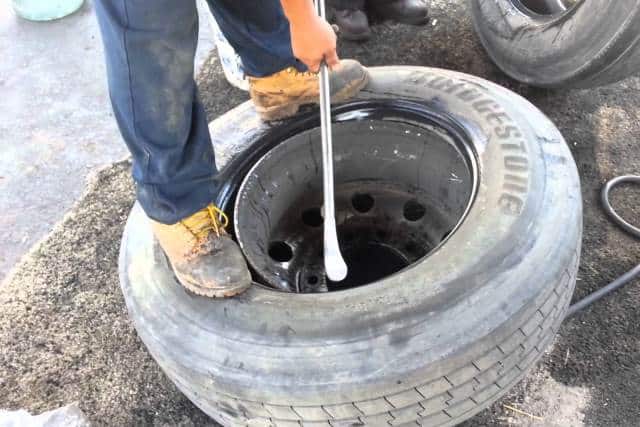
Tires
Your tires are the rubber that meets the road. Keeping them properly inflated and rotated will not only extend their useful life but also assist with maximizing fuel economy. Rotating your tires is vital and most tire manufacturers recommend a rotation interval every 5,000 to 8,000 miles. Most truck tires are rated to last 50,000 or more miles. Checking your tire tread depth will help you determine when it is time to purchase new tires. A simple way to check tread depth is to place a penny with Lincoln’s head pointing down towards the tire. If you are able to see his entire head above the tread (2/32” of tread or less) it is time for new tires. Never exceed the tire manufacturer’s mileage rating as doing so will increase the risk of an accident due to tire blow-out or insufficient tread.
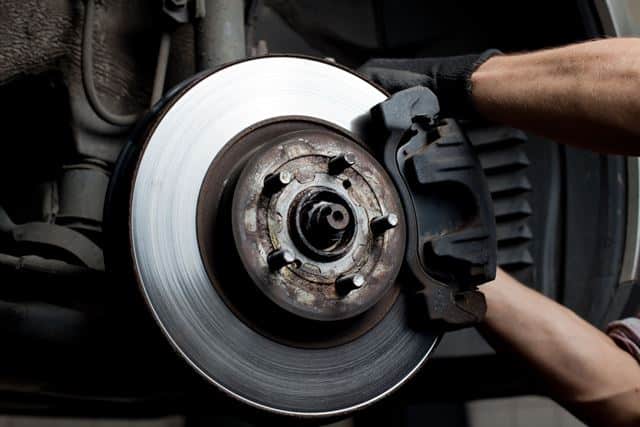
Brakes
Brake wear is heavily dependent upon the operating environment of the work truck. If your normal driving includes heavy traffic and a lot of stop and go cycles, your brakes will require more frequent preventative maintenance. If your everyday is more rural with open roads and less stopping, your brakes should suffer less wear. A good rule of thumb is to have the brake pads and rotors checked each time you rotate tires, as this gives you or the mechanic an opportunity to easily access and assess those components. Rotors, if worn evenly, can typically last longer in comparison to brake pads. It is not uncommon for brake rotors to last through two or three brake pad change intervals. Never neglect preventative maintenance on your commercial vehicle’s brake system as it can decrease the ability to stop quickly or at all, leading to an unnecessary safety risk.

Exterior Cleaning
Although it is obvious when the exterior of your work truck needs a wash, it is often ignored. Work trucks, especially those that commonly venture off-road or operate in the snow belt, should be regularly washed. Chemicals utilized to treat roads after snow and ice are very corrosive and can create rust that is unsightly and lead to structural damage to your cab and truck body. Take the time to not only clean the front, sides, and rear of your work truck but also the undercarriage as this is a common location for rust to cause issues.

